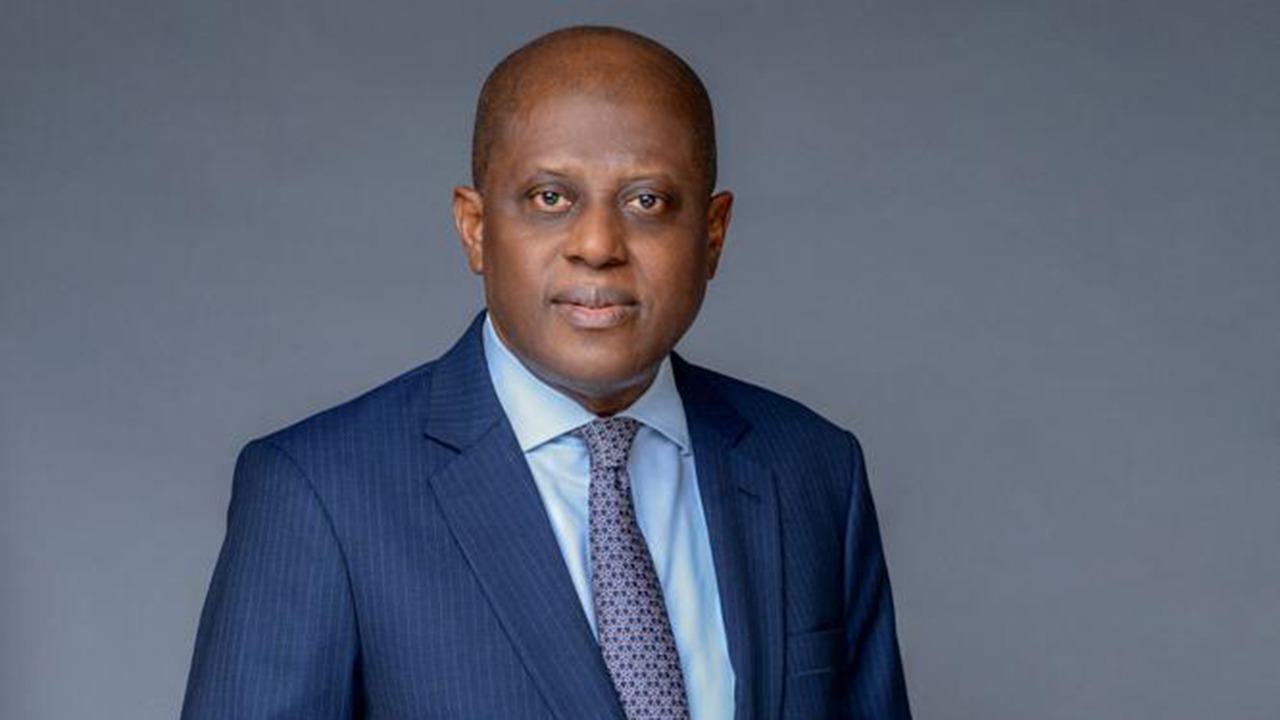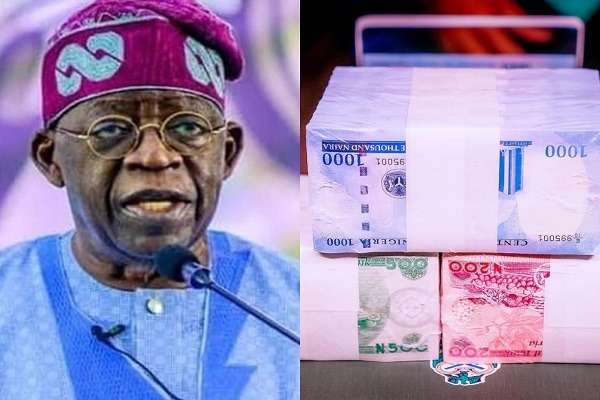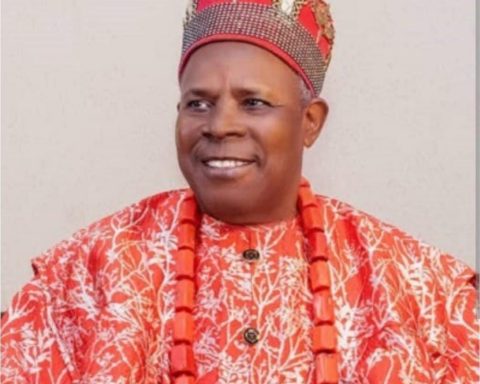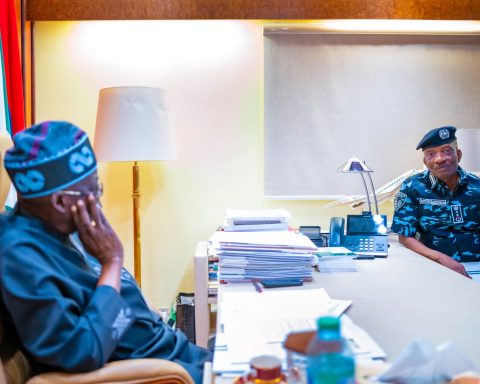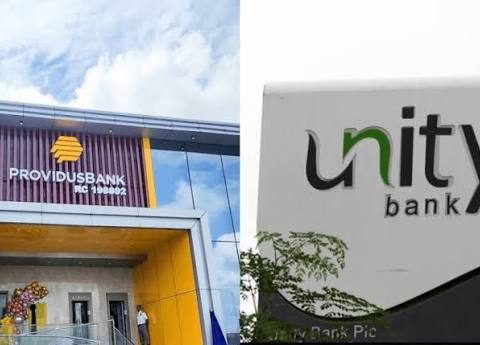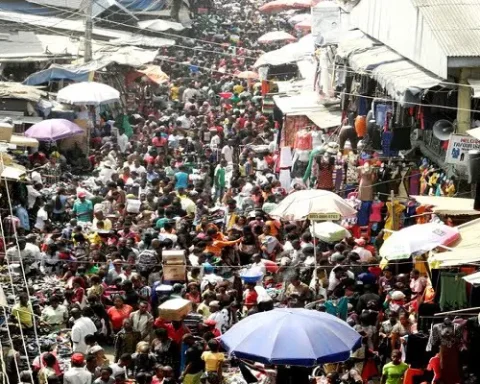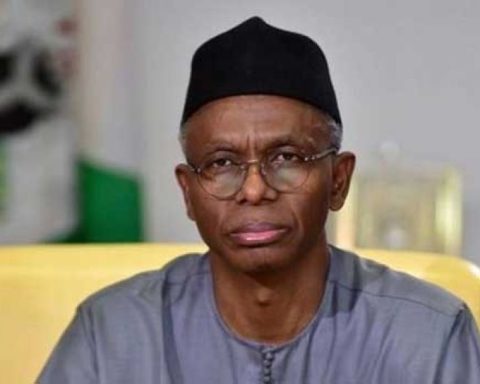On November 24, 2023, the governor of the Central Bank of Nigeria (CBN), Olayemi Cardoso, gave a resounding speech at the Chartered Institute of Bankers of Nigeria’s (CIBN) 58th Annual Bankers’ Dinner and Grand Finale of the Institute’s 60th Anniversary at the Eko Hotels and Suites, Victoria Island, Lagos. That speech was a wonderful explanation or reply to many questions arising from the travails of Nigerians in the hands of government’s heavy-handed monetary policies, especially the floating of the naira in June. It also betrayed a lot about successive governments’ alarming poor sense of economic direction.
Join our WhatsApp Channel
Perhaps because of its far-reaching implications, and because Cardoso was speaking to bankers, his allusion to an imminent bank recapitalization exercise appeared to capture the attention of a large section of the media. Cardoso had indicated government’s ambitious goal of achieving a Gross Domestic Product (GDP) of $1.0 trillion over the next seven years. He additionally expressed doubts that the banking sector would have the capital base to support such an economy, thereby opening the way to news about an imminent bank recapitalization. However, beyond the recapitalization news, which came deep into Cardoso’s copious speech, there is a lot more that is damning about CBN’s and federal governments actions in the past. The speech duly betrayed successive governments as insincere, outlaws and wilful public oppressors.
READ : CBN’s Cardoso Hints On New Recapitalisation For Nigerian Banks
But Buhari Had Praised His CBN’s Monetary Policies
In February 2023, President Buhari lauded the gains of the CBN’s naira redesign policy, while begging Nigerians to be patient with the monetary policies as they were targeted at eroding corruption such as cash hoarding and preventing the buying of votes in the then coming general elections. Just over a year later, a new CBN governor has accused the apex bank of “corporate governance failures, diminished institutional autonomy, a deviation from the core mandate of the Bank, unorthodox use of monetary tools, an inefficient and opaque foreign exchange market that hindered clear access, a foray into fiscal activities under the cover of development finance activities and a lack of clarity in the relationship between fiscal and monetary policies, among other challenges.” He appeared to be indicting his thoroughly embattled predecessor, Godwin Emefiele.
READ: Buhari Lists 7 Benefits Of CBN’s Naira Redesign Policy, Defends Emefiele’s Actions
This implies that the CBN over the years has misled the federal governments in its (CBN’s) financial advice, and in its mandates to Nigerians. For example, the reasons cited by Cardoso as the cause of the economic hardship in Nigeria shows that the country is never prepared with internal monetary policy measures to absorb global economic shocks. The CBN chief had noted the recent Russia-Ukraine conflict, Israel-Hamas war and he ongoing disruptions caused by the COVID-19 pandemic, have had severe consequences for global supply chains, particularly in agriculture and energy sectors, leading to sustained high crude oil prices, exceeding $80 per barrel. This, he said, has “posed challenges for import-dependent countries like Nigeria in managing prices.”
Shouldn’t Nigeria Have Gained from Rising Oil Prices?
How can rising crude oil prices be a problem to a country holding the world’s 11th largest (and choicest) oil reserves? Why not? As of 2023, Nigeria cultivated just 6.5 million out of her 35 million hectares of arable land. Note that the CBN governor’s speech underlined the fact that “These developments have led to a strengthening of the US dollar, exacerbating inflationary pressures while weakening currencies and depleting external reserves in many emerging market countries.”
The US is just above Nigeria in the list of the top 20 countries with the highest oil reserves. Since the last two decades, Nigeria, helped by corruption and instability, has grossly under exploited its oil reserves, at times producing just above 1 million barrels a day against a capacity of over 2 million barrels per day.
The CBN also governor reported recoveries in developed countries like the US, UK and emerging economies such as Brazil, Indonesia and Mexico, while Nigeria was slipping further into inflation. The governor attributed the recovery to monetary policy measures, which he mentioned at least five times in his speech without clear indication of what those measures are. The biggest indication was interest rate hikes, which slows borrowings and constrains long-term investments, in turn slowing growth. While this will work for serious economies, it will not work for Nigeria because interest rate hike results in only tinkering with fictitious forex markets, without strong measures to boost industrial production.
The common man remains traumatized
Thankfully, the CBN chief acknowledged that “while macroeconomic indicators are valuable in assessing performance, it was also good to be “concerned about the well-being of the average citizen.” And he duly mentioned the areas where it hurts the common man: food, erosion of purchasing power, future planning, shelter, healthcare, education, skills training opportunities, daily wage rates, access to basic amenities like electricity, clean water, and sanitation facilities, and availability of public transportation.
Meanwhile, it is good that Cardoso interacts and listens to learn about the common man and business owners as he indicated. However, it also betrays the aloofness that defines many public office holders in high places. They hardly feel the pulse of the ordinary person. Does Cardoso need such interactions to know that there is distress in the land? Accordingly, he did not appear to be addressing the common man when he apparently spoke in political tongues about the imperative of building a robust institutional framework to support monetary policy in achieving its objectives of ensuring price and monetary stability, transparent market operations, and coordination between monetary and fiscal authorities.
It must be noted that beyond political-economic jargon, the country must move immediately to redress fundamental issues about agriculture, industry, security and supply chain. Cardoso himself acknowledged that: “The persistently high levels of insecurity have resulted in decreased national output and productivity, as many farmers have been unable to access their farmlands, disrupting supply chains and major economic activities. This has led to food shortages and inflation in various parts of the country.”
It is clear then that beyond all the economic rhetoric, government knows where the problem lies. Many have wondered why the present federal government has not shown visible commitment to ending insecurity since assuming office. How could floating the naira make sense in the face of an import-dependent economy? How can the removal of fuel subsidy make sense without building or refurbishing the refineries? In effect, all the emerging gains of the naira floating and subsidy removal as announced by Cardoso will benefit foreign investors and the few ultra-rich Nigerians who import fuel and control the foreign exchange market.
Dr Mbamalu, a former Editor at The Guardian, is a Publisher and Communications Consultant
Follow: @marcelmbamalu


